Financial Education
What is financial freedom? (And how to achieve it!)
Are you wondering what financial freedom is? Find out how to identify your personal goals and develop a plan that will help you achieve your financial independence. Keep reading!
Advertisement
How to live a debt-free life and achieve financial freedom
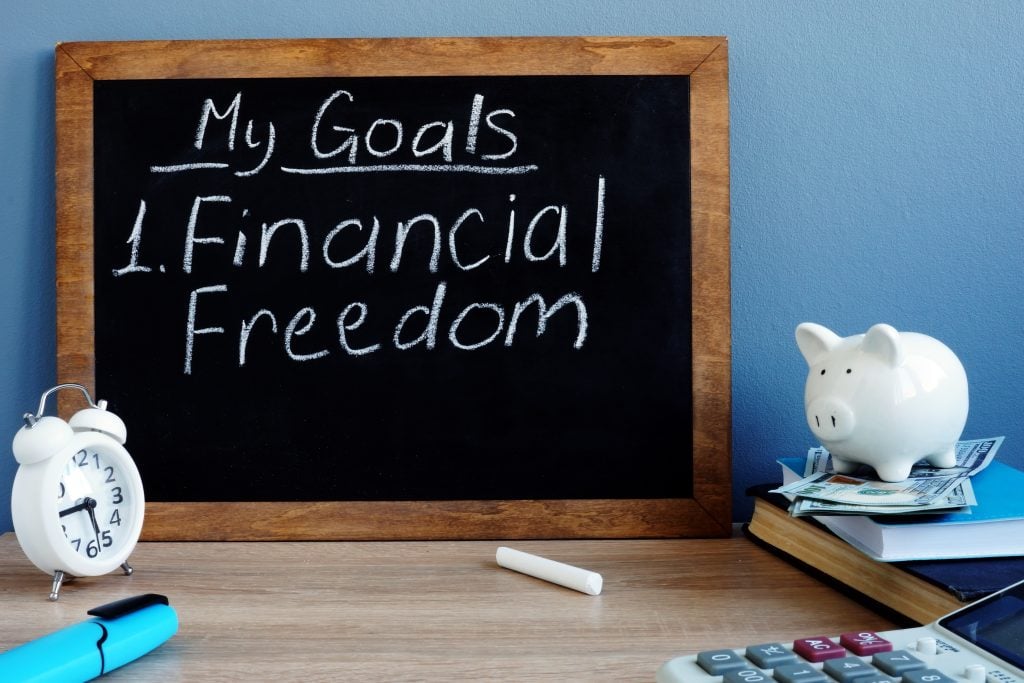
What is financial freedom? The concept can often seem daunting and out of reach. Everyone’s financial situation is different, making it difficult to know where to start when achieving your financial goals.
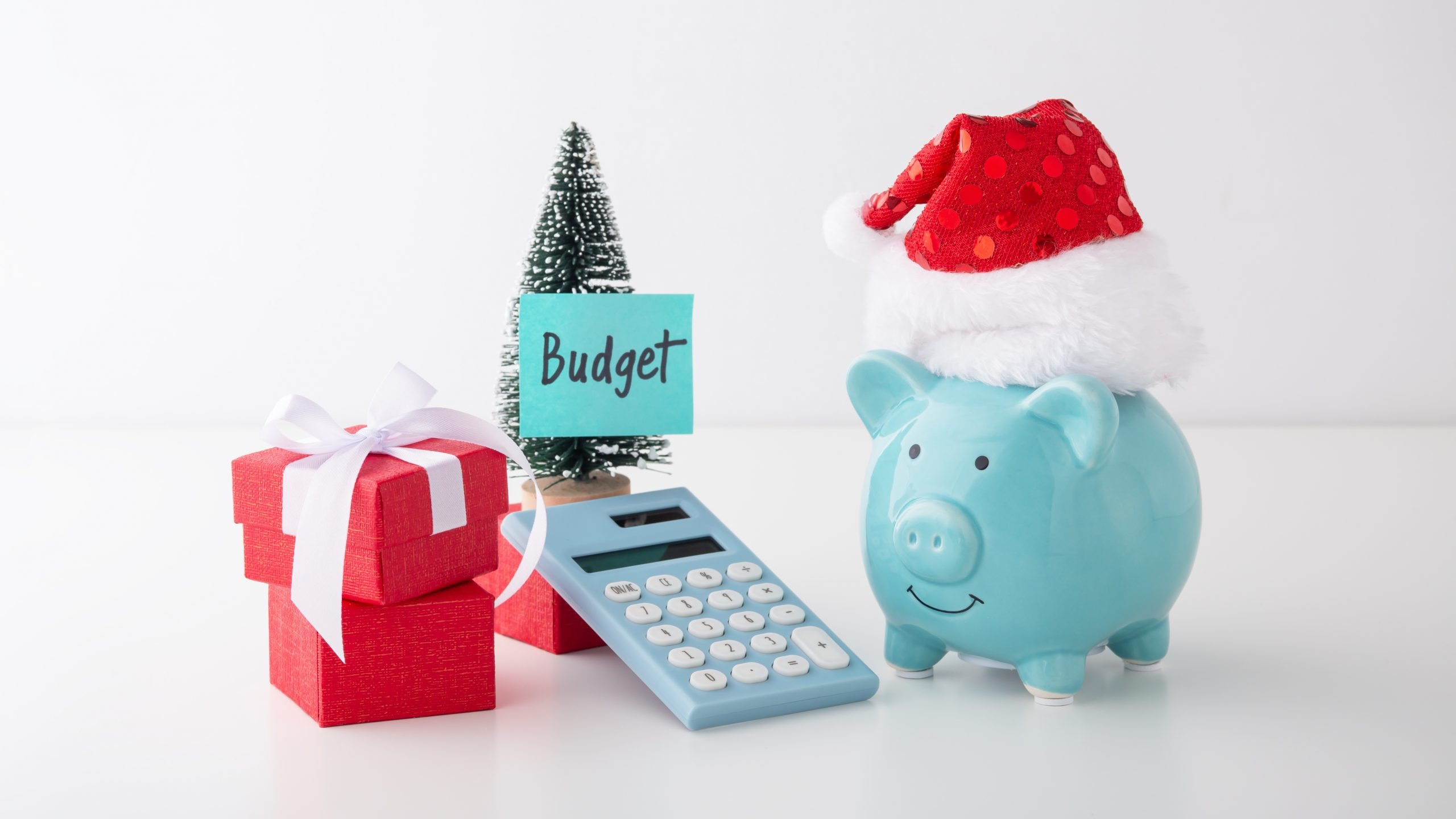
Holiday budgeting: Ten best ways to save money
Holiday budgeting can help save a lot this holiday season. Check out these ten tips for slashing your holiday budget. Read on to learn more!
But the truth is, with a little bit of effort and a lot of dedication, anyone can achieve financial freedom. Here’s what you need to know about unlocking this important life milestone.
You will be redirected to another website
You’ll receive messages for less than 1 week, with a maximum of 1 message per day. You can unsubscribe anytime by replying STOP. By submitting this form, I confirm that I am 18+ years old and agree to the Privacy Policy and Terms and Conditions. I also provide my signature, giving express consent to receive informational messages via automated emails, SMS, MMS text messages, and other forms of communication. Message frequency may vary as part of our good-faith effort to respond to your inquiry. Message and data rates may apply. Text STOP to cancel. I understand that my consent to receive communications is not a condition of purchase and that I may revoke my consent at any time.
Advertisement
What is financial freedom?
Before you can start working towards achieving financial freedom, you need to understand what it means.
Financial freedom or financial independence is a state where you have achieved complete control over your finances. In practice, that can mean different things depending on the people.
It can mean you are not dependent on debt or worried about money. This happens because you have created a secure system of income and expenses that works for your lifestyle.
It can also mean having enough wealth to retire early if desired — but even if that isn’t in the cards, living without any major debts or worries over money can still be considered financial freedom.
Some people consider financial freedom as having enough money to buy assets and material things, while others might see it as being able to travel the world, for example.
Why is it important to achieve financial freedom?
Achieving financial freedom is important because it gives you the ability to live your life on your terms. It allows you to break free from the rat race and focus on what’s really important in life.
Financial freedom also provides peace of mind and security in case of an unexpected event.
Ultimately, financial freedom is about controlling your life and future. It’s about doing what you want, when you want, without worrying about money.
If that resonates with you, start taking steps today to achieve financial freedom.
Advertisement
8 best habits to get started on your journey to financial freedom

You can do many things to get started on your journey to financial freedom, but here are eight of the best habits to get into.
1. Have a budget and stick to it
Creating a budget is important for understanding where your money is going and how much you have left over after all expenses are paid.
Once you know your income and what you need to pay out each month, you can create a plan to keep your spending under control.
Advertisement
2. Make a plan
Having a plan helps keep you on track with your goals and gives you an idea of how long it will take to reach them. This could mean setting up an emergency fund or creating a savings plan for retirement.
Start by making small achievable goals within the next few months, then work up until you have created a comprehensive financial plan for yourself.
3. Stay disciplined with your expenses
Sticking to your budget means self-discipline when spending money on things that aren’t essential or don’t fit into your overall plan for financial freedom.
To help you stay on track with this habit, try using cash instead of cards so that when the money runs out, you know it’s time to stop spending!
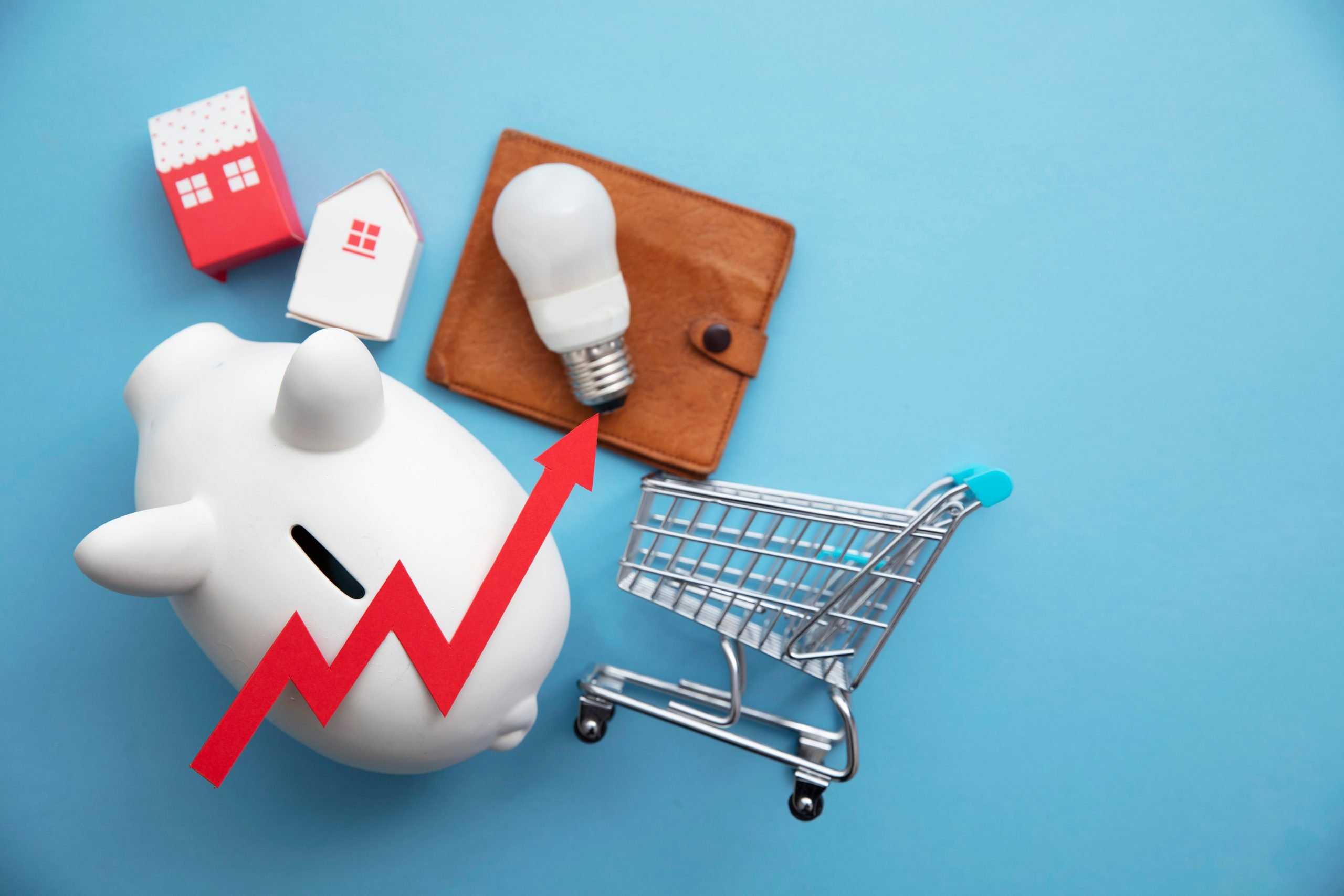
How to budget for your first house
Learn how to budget for a house and make assertive decisions before you buy your first home. Read on to find out more!
4. Invest in yourself by learning about personal finance and investing basics
Knowledge is power when it comes to managing money. So, invest some time into learning as much as possible about personal finance and investing principles.
This way, you can make informed decisions about how best to use your finances towards achieving financial freedom.
This can include reading books or taking courses online related to personal finance and investing topics such as compounding interest, stock market performance, risk management strategies, etc.
They will ultimately give you the confidence needed to start investing properly.
5. Automate your finances as much as possible so you don’t have to think about them
Setting up automated payments for bills and investments makes life easier since all of these expenses are taken care of without any extra effort from yourself each month.
This also ensures that these necessary expenditures won’t be forgotten or neglected due to busy schedules or human error – ensuring that nothing gets missed toward achieving financial freedom.
6. Build an Emergency Fund
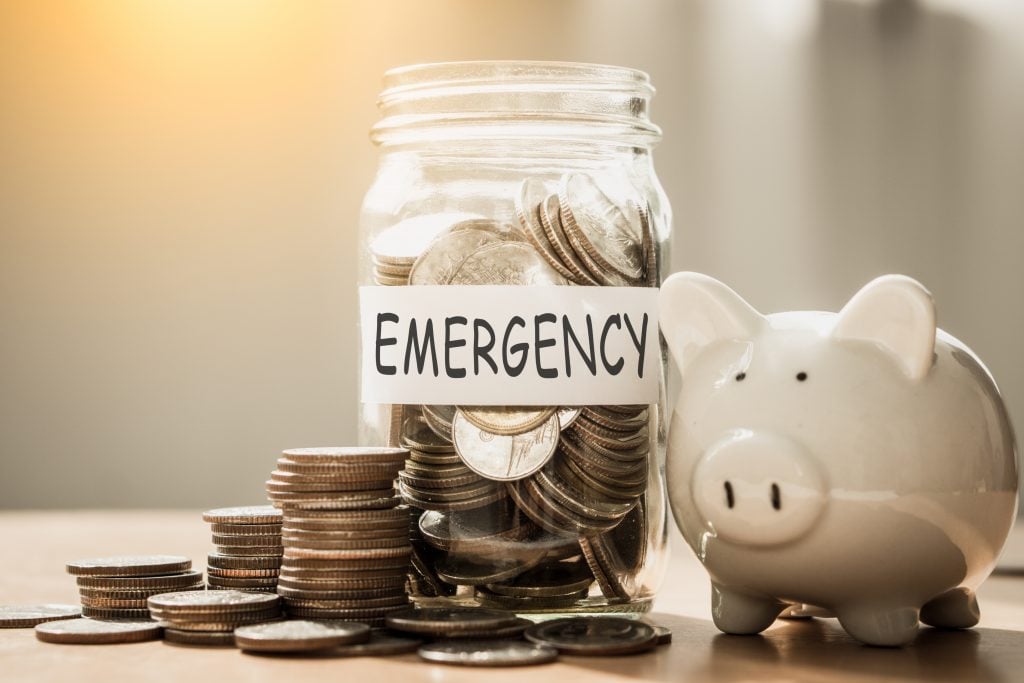
Building an emergency fund is one of the best ways to ensure you’re prepared for unexpected expenses. This is money set aside specifically for unanticipated costs such as medical bills or car repairs.
Having an emergency fund ensures you won’t have to dip into your savings or rack up credit card debt when a surprise expense pops up.
It also gives you peace of mind knowing that if something unexpected happens, you can handle it financially.
7. Invest Money Wisely
Another great habit for achieving financial freedom is investing money wisely. When investing, it’s important to factor in both your risk tolerance and long-term goals.
For example, if your goal is retirement in 10 years, then it makes sense to invest more conservatively than someone who wants to retire in 5 years.
Before making any investments, research different investments and decide which ones might be right for you.
8. Live Below Your Means
The eighth habit for achieving financial independence is living below your means.
Living below your means equals spending less than what you earn each month so that you can save more money and build wealth over time.
It also helps reduce stress because you don’t have to worry about how you’ll pay all the bills each month or whether or not you can afford something extra like a vacation or a new car.
If possible, try budgeting and tracking your spending each month; this will help keep your finances under control and enable greater savings in the long run.
If you want to learn how to start making a budget plan, stick to our article below to find out more.
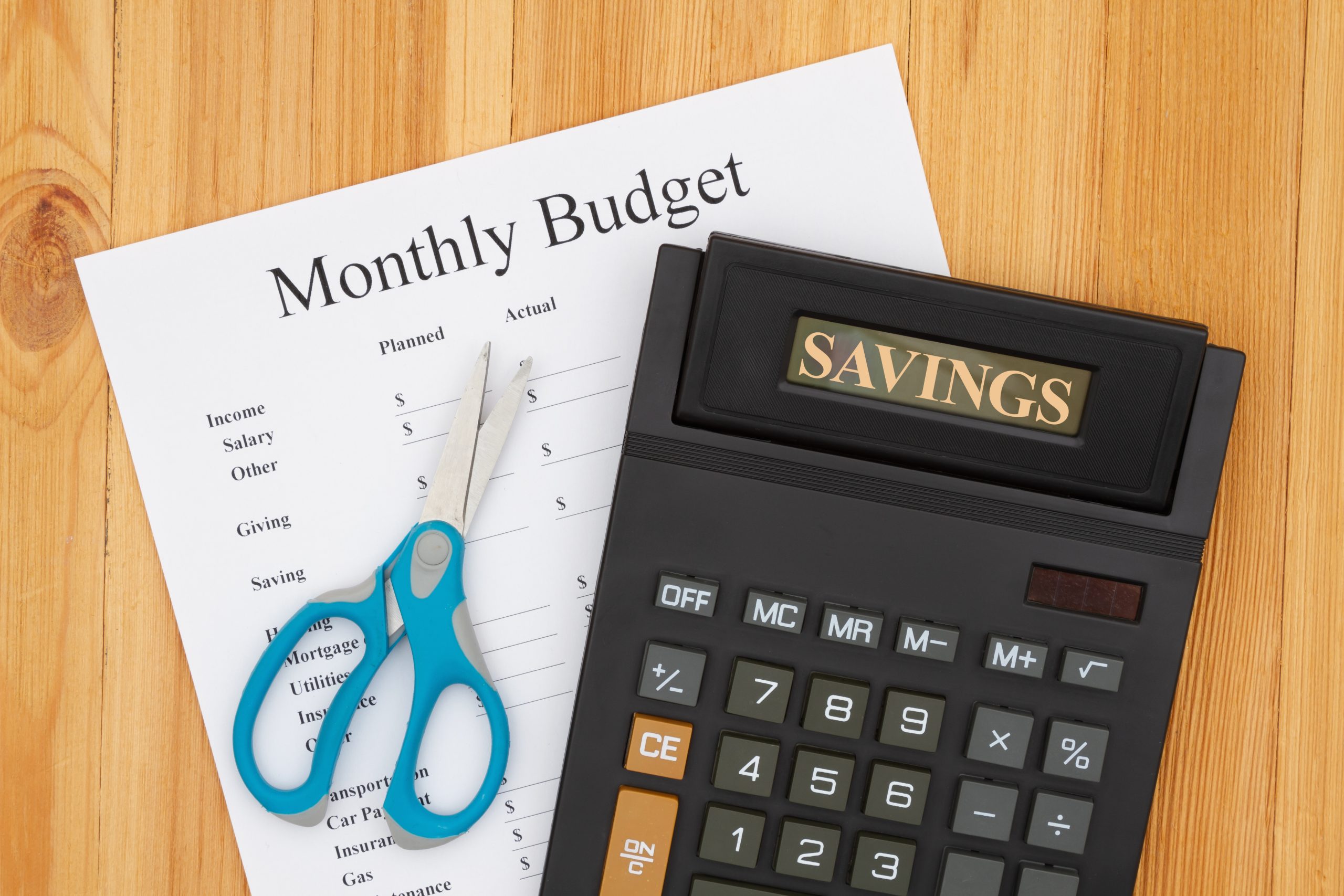
How to create an easy budget plan in 5 steps
Find out how to create a budget. Here are the steps to start and stick with a budget that will work for you.
Trending Topics
The Mad Capitalist recommendation – Ally Bank Mortgage
Discover how the Ally Bank Mortgage works, and find out more about the advantages, drawbacks, and terms to get it!
Keep Reading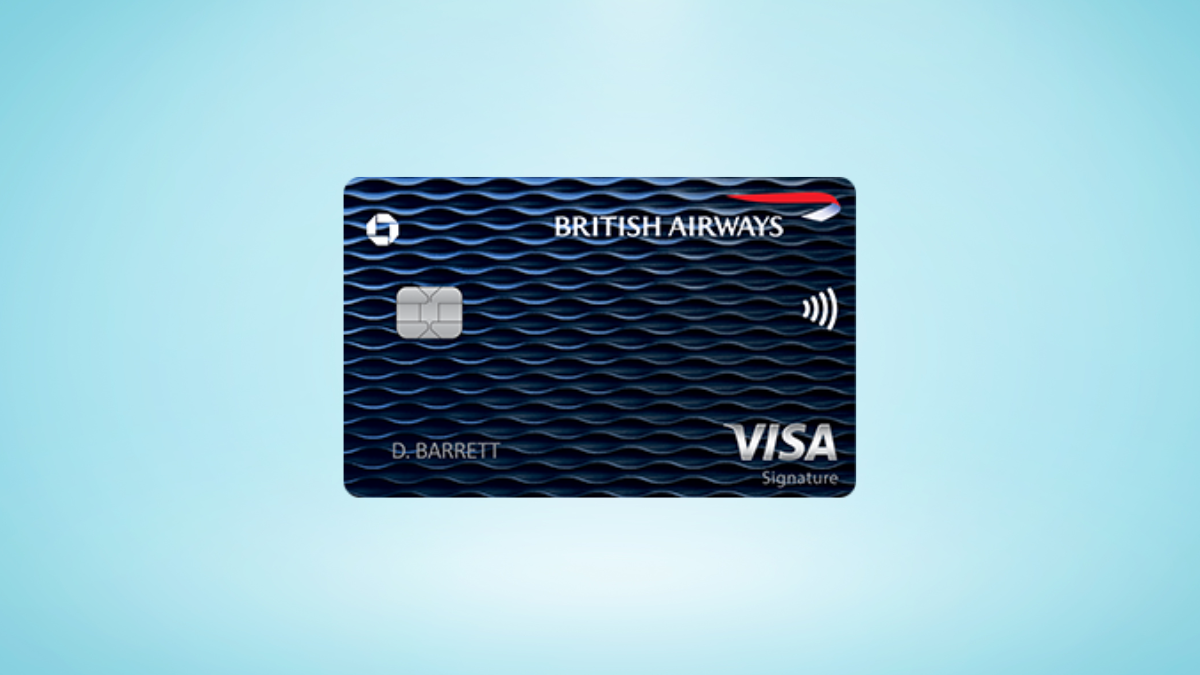
Unlimited reward: Apply for British Airways Visa Signature® Card
Discover the few easy steps you need to take to apply for the British Airways Visa Signature® Card and get access to exclusive rewards today.
Keep Reading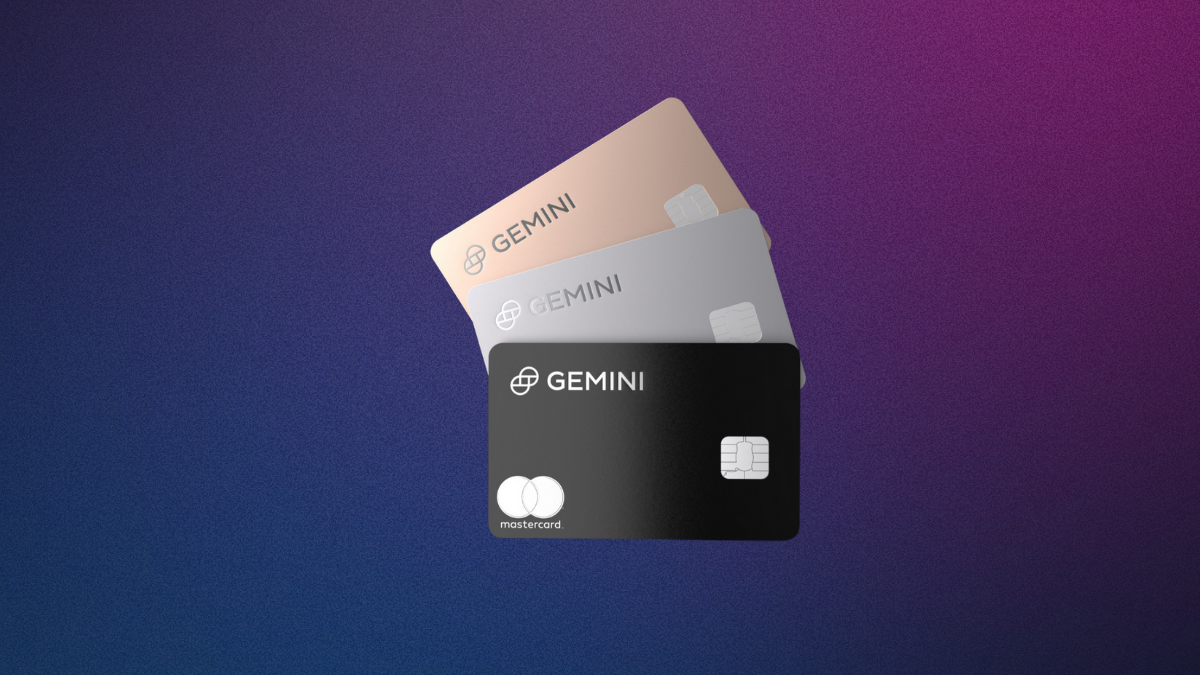
Gemini Credit Card® application: how does it work?
The application for the Gemini Credit Card® is simple and quick. Earn up to 3% cash back on purchases and more! Read on!
Keep ReadingYou may also like
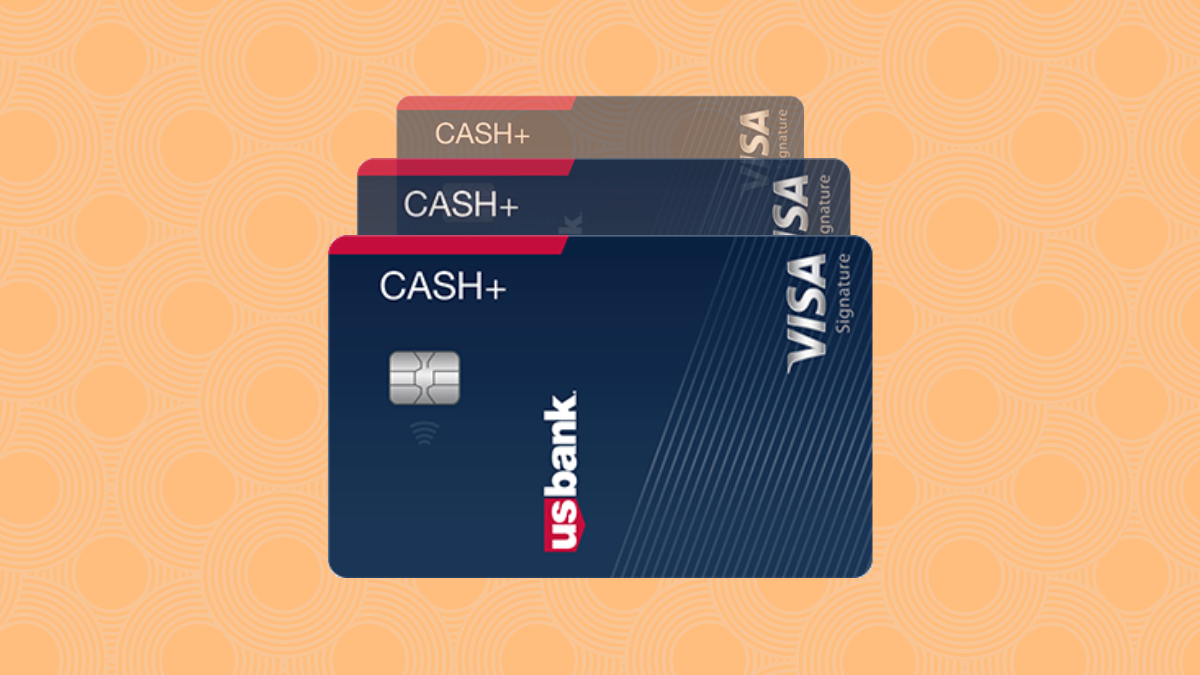
U.S. Bank Cash+™ Visa Signature® credit card review: is it worth it?
The U.S. Bank Cash+™ Visa Signature® credit card will give you up to 5% cashback and charge you no annual fee. Check the review about it.
Keep Reading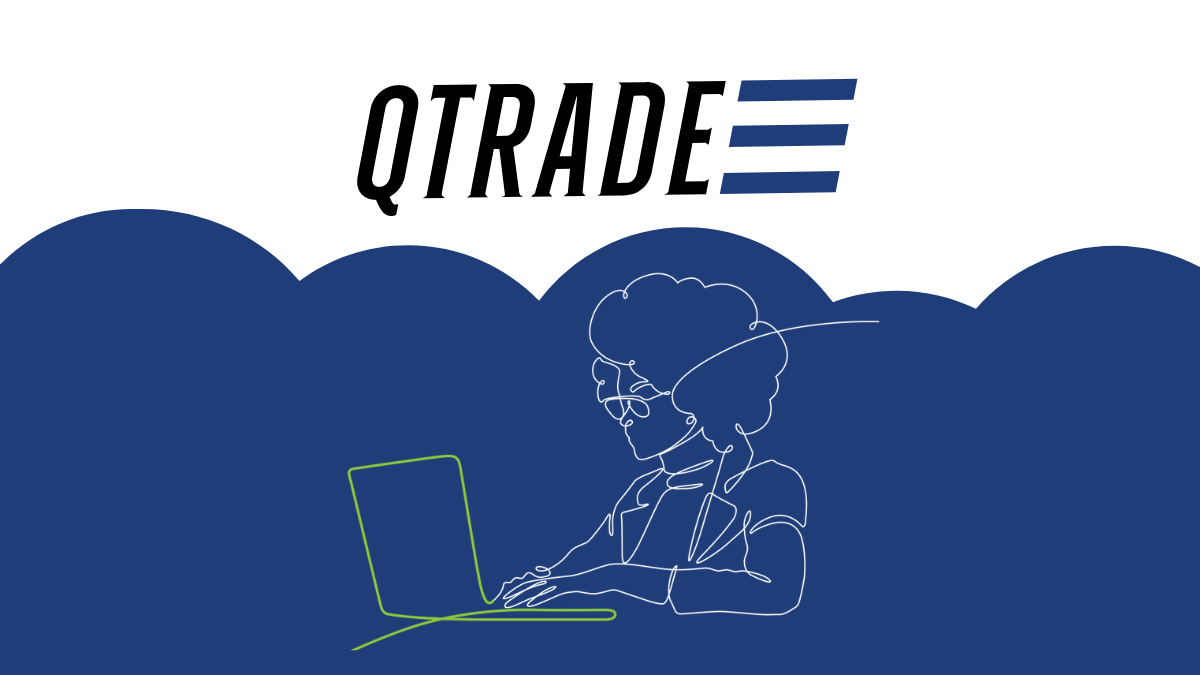
Qtrade Direct Investing Review: Build Your Wealth
Explore our Qtrade Direct Investing review for exceptional customer service and a user-friendly platform, ideal for smart investing choices.
Keep Reading
Get financial fitness with 7 steps: put your finances in shape!
If you don't know how to manage your money, you need to learn these steps to financial fitness. Your future self will thank you later.
Keep Reading